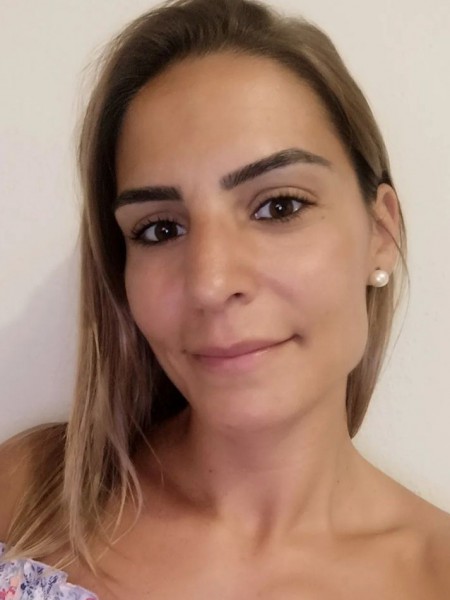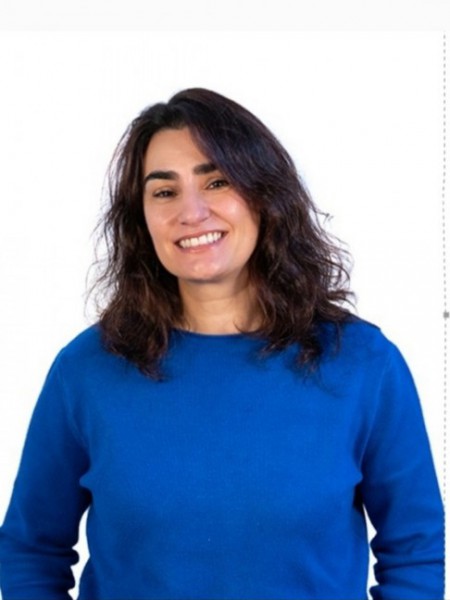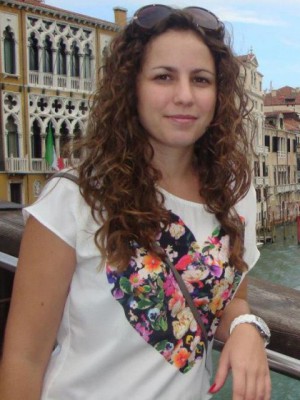resumo
There is a lack of fundamental knowledge on deep eutectic solvents, even for the most extensively studied mixtures, such as the mixture of cholinium chloride and urea, which prevents a judicious choice of components to prepare new solvents. The objective of this work is to study and understand the fundamental interactions between cholinium chloride and urea that lead to the experimentally observed melting temperature depression. To do so, the structure of urea was strategically and progressively modified, in order to block certain interaction centres, and the solid-liquid equilibrium data of each new binary system was experimentally measured. Using this approach, it was concluded that the most important interaction between cholinium chloride and urea occurs through hydrogen bonding between the chloride anion and the amine groups. Any blockage of these groups severely hampers the melting point depression effect. Raman spectroscopy and DFT calculations were utilized to study in more detail this hydrogen bonding and its nuances.
palavras-chave
DEEP-EUTECTIC SOLVENTS; VIBRATIONAL ANALYSIS; CHLORIDE; TEMPERATURE; DYNAMICS; FUSION; GAS; SOLUBILITY; TOXICITY; GRADIENT
categoria
Chemistry; Physics
autores
Silva, LP; Araujo, CF; Abranches, DO; Melle-Franco, M; Martins, MAR; Nolasco, MM; Ribeiro-Claro, PJA; Pinho, SP; Coutinho, JAP
nossos autores
Grupos
G4 - Materiais Renováveis e Economia Circular
G6 - Materiais Virtuais e Inteligência Artificial
Projectos
CICECO - Aveiro Institute of Materials (UID/CTM/50011/2019)
Projeto de Investigação Exploratória: Mariela Nolasco (IF/01468/2015)
agradecimentos
This work was developed in the scope of the project CICECO -Aveiro Institute of Materials, POCI-01-0145-FEDER-007679 (Ref. FCT UID/CTM/50011/2019) and Associate Laboratory LSRE-LCM, POCI-01-0145-FEDER-006984 (Ref. FCT UID/EQU/50020/2019), and project MultiBiorefinery (POCI-01-0145-FEDER-016403), all financed by national funds through the FCT/MCTES (PIDDAC) and when appropriate co-financed by FEDER under the PT2020 Partnership Agreement. M. A. R. M. acknowledges financial support from NORTE-01-0145-FEDER-000006 funded by NORTE2020 through PT2020 and ERDF. L. P. S. acknowledges FCT for her PhD grant (SFRH/BD/135976/2018). C. F. A. acknowledges FCT for her PhD grant (SFRH/BD/129040/2017). M. M. N. and M. M. F. acknowledge FCT for their researcher contracts (IF/01468/2015 and IF/00894/2015 respectively) under the program IF 2015.








